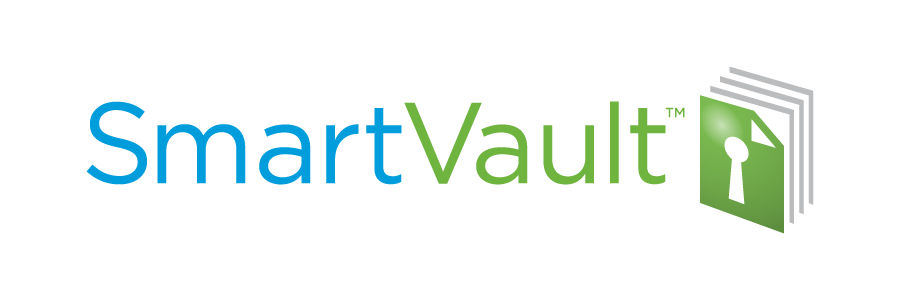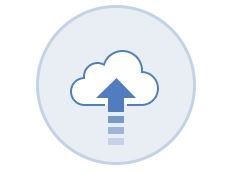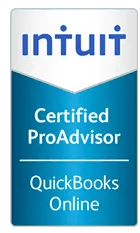
In the realm of personal and business finance, understanding and effectively managing estimated tax payments is crucial. This article aims to provide a clear and comprehensive overview of what estimated tax payments are, who needs to make them, and how to calculate and submit these payments efficiently. What are Estimated Tax Payments? Estimated tax payments are periodic advance payments of income tax that individuals and businesses are expected to pay if their income is not subject to sufficient withholding tax. This typically includes earnings from self-employment, interest, dividends, alimony, rent, gains from the sale of assets, prizes, and awards. Essentially, if you anticipate owing tax of $1,000 or more when your return is filed, you should be making estimated tax payments. Who Should Pay Estimated Taxes? Self-Employed Individuals: This includes freelancers, independent contractors, and small business owners. Investors: Those earning significant income from dividends, interest, or capital gains. Retirees: Particularly those receiving substantial income from investments or retirement accounts not subject to withholding. Individuals with Multiple Sources of Income: Such as those with substantial side gigs in addition to their regular employment. Calculating Estimated Tax Payments (see below for easy visual guide) Determine Expected Adjusted Gross Income (AGI): This includes all expected income for the year, deductions, and credits. Calculate Estimated Tax Liability: Using current tax rates and brackets, estimate the total tax liability for the year. Subtract Withholding and Credits: Subtract any taxes that are withheld from your regular employment or other sources and any applicable credits. Divide the Result: The remaining amount is your estimated tax, which should be divided into four equal payments. Schedules and Methods of Quarterly Tax Payments Estimated tax payments are typically due in four equal installments. For 2024, the deadlines are April 15, June 17, September 16, and January 15 of the following year. Payments can be made via mail, phone, or online through the IRS website or the Electronic Federal Tax Payment System (EFTPS). Penalties for Underpayment Failing to make estimated tax payments can result in penalties. The IRS calculates penalties based on current interest rates and applies them from the due date of the estimated payment to the date of actual payment. Tips for Managing Estimated Tax Payments Stay Organized: Keep accurate records of all income and expenses. Adjust Payments as Needed: If your income changes significantly, re-calculate your estimated taxes to avoid underpayment or overpayment. Use Electronic Payments: Utilizing online payment systems ensures timely and secure transactions. Consult with a Tax Professional: Especially if your financial situation is complex. Managing estimated tax payments is a vital aspect of financial planning for individuals and businesses with diverse or significant non-wage incomes. Staying informed and proactive in estimating and paying taxes not only keeps you compliant with tax laws but also helps avoid unexpected financial burdens at tax time. Remember, when in doubt, consulting a tax professional is always a wise decision to ensure accuracy and compliance.

As tax season approaches, it's crucial for small business owners to navigate the complexities of tax filings accurately and efficiently. This article aims to guide you through some essential do's and don'ts to help ensure a smooth tax season. Do: Keep Accurate Records Organize Financial Documents : Ensure all your financial records are organized. This includes invoices, receipts, bank statements, and any other documents related to your business income and expenses. Use Accounting Software : Consider using reliable accounting software to track your financial transactions. This can simplify the process of organizing records and reduce errors. Do: Understand Your Deductions Know What’s Deductible : Familiarize yourself with the types of expenses that are deductible for your business. Common deductions include office supplies, travel expenses, and certain types of insurance. Avoid Overlooking Deductions : Small expenses can add up. Don’t overlook minor deductions like postage, parking fees, or small office supplies. Do: Seek Professional Help Hire a Tax Professional : If you’re unsure about your tax obligations, consider hiring an accountant or tax advisor. They can provide valuable guidance and help you maximize deductions. Stay Informed About Tax Laws : Tax laws change frequently. A professional can help keep you informed about new laws that may affect your business. Don’t: Procrastinate Avoid Last-Minute Filing : Procrastination can lead to rushed mistakes. Start preparing your taxes well before the deadline to ensure accuracy. Consider Extensions if Needed : If you need more time, it’s better to file for an extension than to rush through your tax return. Don’t: Mix Personal and Business Expenses Maintain Separate Accounts : Keep your personal and business finances separate. This makes it easier to track business expenses and justifies deductions. Avoid Personal Purchases on Business Accounts : Do not use business accounts for personal expenses. This can lead to complications and might flag you for an audit. Don’t: Misclassify Employees and Contractors Understand the distinction: Ensure you correctly classify workers as either employees or independent contractors. This classification affects how you withhold how you pay taxes, social security, and Medicare. Avoid Penalties: Incorrect classification can lead to penalties and back taxes. If in doubt, consult IRS guidelines or seek professional advice to ensure compliance. Navigating tax season can be a daunting task for small business owners. By following these do's and don'ts, you can avoid common pitfalls, take advantage of deductions, and potentially reduce your tax burden. Remember, staying organized, seeking professional advice, and being proactive are key to a successful tax season.

The home office deduction continues to be a significant tax break for the thousands of Americans who work from home, either part-time or full-time. However, in 2024, it's important to note that this deduction primarily benefits self-employed individuals or those running a business from their home. Employees working from home for an employer generally cannot deduct their office expenses.

This is a subThe Internal Revenue Service (IRS) has announced the new standard mileage rates for 2024, reflecting changes in the costs associated with operating an automobile. These rates are crucial for individuals and businesses to understand as they affect the calculation of deductible costs for automobile use for business, charitable, medical, or moving purposes.

The upcoming changes to California's sick leave policies, set to be effective from January 1, 2024, mark a significant expansion signed into law by Governor Gavin Newsom through SB 616. These amendments extend paid sick leave benefits to almost all employees working in California for at least 30 days within a year, aiming to enhance worker benefits and impose new obligations on employers across the state.













